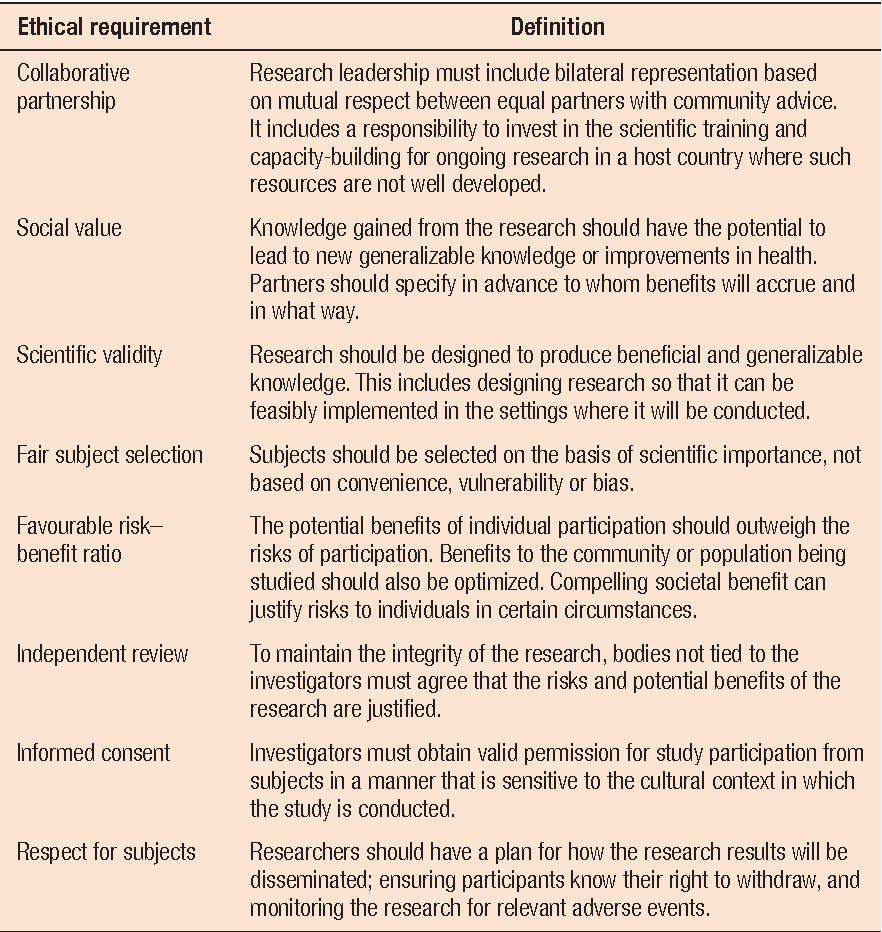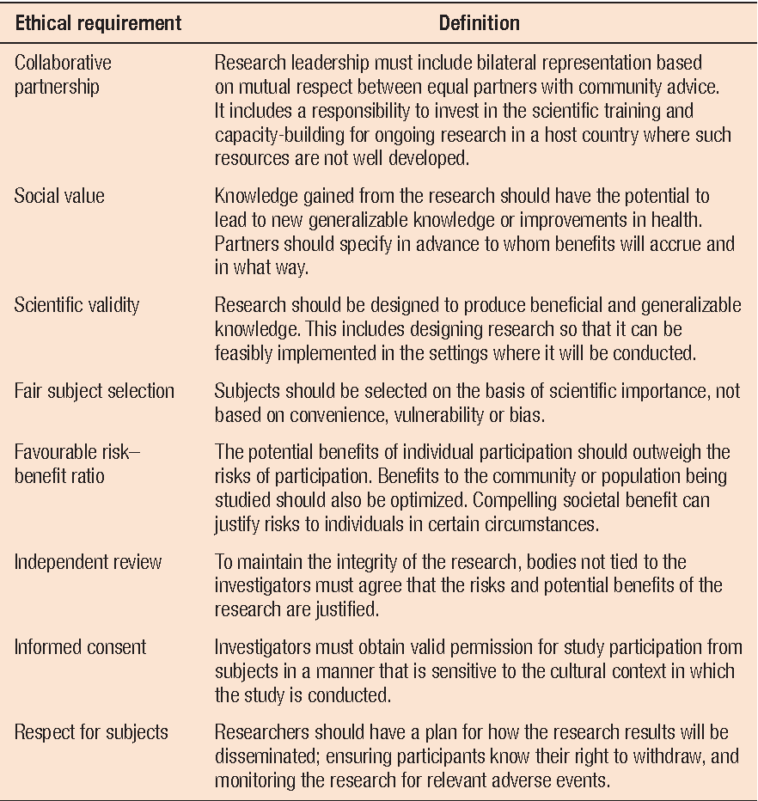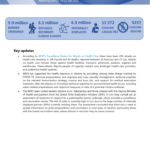
As healthcare continues to evolve and become increasingly complex, navigating the ethical landscape can be challenging. The intersection of medical ethics, global healthcare, and ethical dilemmas is a key component in providing quality healthcare services across the world. In this article, we’ll explore the complexities of medical ethics, global healthcare, and ethical dilemmas, and provide insight on how to navigate these issues within the healthcare industry.
What are Medical Ethics?

Medical ethics are principles that guide healthcare professionals in delivering care to patients, while preserving their dignity, rights, and well-being. These guidelines help healthcare practitioners to make difficult decisions regarding patient care, while ensuring that they remain accountable and responsible for their actions. Medical ethics also serve as a framework for the development of policies and regulations that govern healthcare practices.
Medical ethics are based on four fundamental principles: autonomy, non-maleficence, beneficence, and justice. Autonomy refers to the right of patients to make their own healthcare decisions, while non-maleficence emphasizes the need to avoid harm to patients. Beneficence involves doing what is best for the patient, while justice focuses on fairness and equitable distribution of healthcare resources.
Understanding Global Healthcare

Global healthcare refers to the provision of healthcare services across borders and cultures. It encompasses the delivery of healthcare services to people in different countries, including those in developing nations. Global healthcare is often characterized by disparities in access to healthcare resources, which can lead to significant health inequities.
The World Health Organization (WHO) plays a critical role in shaping global healthcare policies and initiatives. The organization works with countries and other stakeholders to ensure that healthcare services are accessible, affordable, and of high quality. The WHO also provides guidance on disease prevention, health promotion, and emergency preparedness.
Ethical Dilemmas in Healthcare

Ethical dilemmas are complex situations in which healthcare professionals must make difficult decisions regarding patient care. These decisions often involve balancing the best interests of the patient with other factors, such as cost, availability of resources, and legal requirements. Ethical dilemmas can arise in a variety of healthcare settings, including hospitals, clinics, and long-term care facilities.
One common ethical dilemma involves end-of-life care. Healthcare professionals may face difficult decisions regarding whether to continue life-sustaining treatments for patients who are terminally ill or in a vegetative state. Other ethical dilemmas include conflicts of interest, confidentiality issues, and informed consent.
Navigating Ethical Dilemmas in Healthcare

To navigate ethical dilemmas in healthcare, healthcare professionals must have a solid understanding of medical ethics and the principles that guide their decision-making. They must also be able to communicate effectively with patients, family members, and other stakeholders to ensure that everyone understands the decision being made and why it was made.
In some cases, healthcare professionals may need to consult with ethics committees or seek legal guidance to navigate particularly complex ethical dilemmas. It’s important to note that ethical dilemmas are not always black and white, and there may be multiple valid viewpoints to consider.
The Role of Technology in Medical Ethics and Global Healthcare
Advances in technology are reshaping the healthcare industry and expanding access to healthcare services. From telemedicine to electronic health records, technology is playing a critical role in improving healthcare outcomes and delivering care to underserved populations.
However, technology also presents new ethical challenges for healthcare professionals. For example, the use of artificial intelligence (AI) in healthcare raises questions about privacy, accountability, and the potential for bias in decision-making. As technology continues to evolve, healthcare professionals must remain vigilant in ensuring that ethical principles are upheld in all aspects of care delivery.
Conclusion
Medical ethics, global healthcare, and ethical dilemmas are complex and interrelated concepts that are critical to the delivery of quality healthcare services across the world. As healthcare continues to evolve, it’s essential for healthcare professionals to remain knowledgeable about medical ethics and to navigate ethical dilemmas with compassion, professionalism, and a commitment to patient-centered care.
By understanding the fundamental principles of medical ethics, remaining vigilant in navigating ethical dilemmas, and embracing technological advances with caution, healthcare professionals can work together to provide high-quality, equitable healthcare services to patients around the globe.
FAQs
Q: What are some examples of ethical dilemmas in healthcare?
A: Ethical dilemmas in healthcare can arise in a variety of settings, including end-of-life care, conflicts of interest, confidentiality issues, and informed consent.
Q: How does the WHO contribute to global healthcare?
A: The World Health Organization works with countries and other stakeholders to ensure that healthcare services are accessible, affordable, and of high quality. The organization provides guidance on disease prevention, health promotion, and emergency preparedness.
Q: What is the role of technology in medical ethics and global healthcare?
A: Technology is playing a critical role in improving healthcare outcomes and expandingaccess to healthcare services across the world. However, it also presents new ethical challenges such as privacy concerns, accountability, and the potential for bias in decision-making.
Q: How can healthcare professionals navigate ethical dilemmas?
A: Healthcare professionals can navigate ethical dilemmas by understanding medical ethics and the principles that guide their decision-making, communicating effectively with patients and stakeholders, seeking guidance from ethics committees or legal experts, and considering multiple valid viewpoints.
Q: Why is global healthcare important?
A: Global healthcare is critical in ensuring that people around the world have access to quality, affordable healthcare services. It helps to address health inequities, promote disease prevention and health promotion, and ensure emergency preparedness.
In Conclusion
Medical ethics, global healthcare, and ethical dilemmas are complex concepts that require careful consideration and navigation by healthcare professionals. By understanding the fundamental principles of medical ethics, remaining vigilant in navigating ethical dilemmas, and embracing technological advances with caution, we can work together to provide high-quality, equitable healthcare services to patients around the world.
As healthcare continues to evolve, it’s essential for healthcare professionals to remain committed to patient-centered care and upholding ethical standards. Together, we can create a healthier, more equitable world for all.




